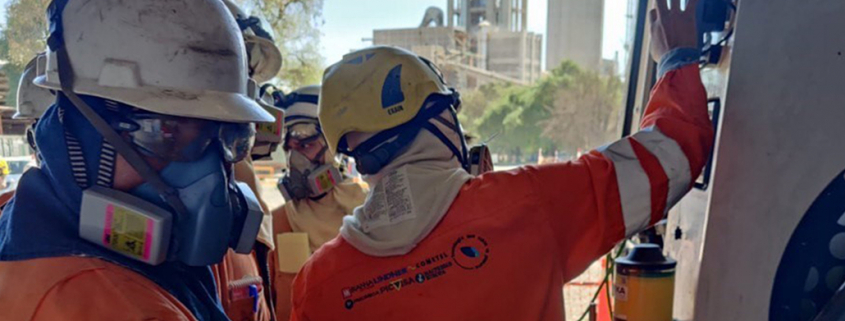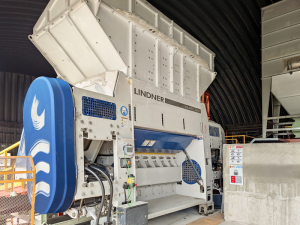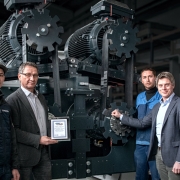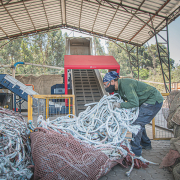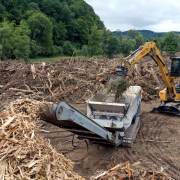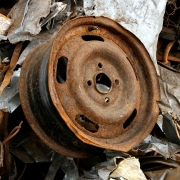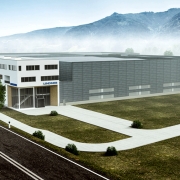Producing Refuse-Derived Fuel in Mexico
Since waste, including industrial waste, is frequently disposed of in landfill sites in Mexico, the company Regenera, a Cemex subsidiary, currently concentrates on developing circular economy solutions. Here, the company trusts in Lindner’s shredding experience, the provider pointed out.
Mexico is not only known to be the fifth largest country in the Americas, but with a population of around 129 million people, it ranks tenth worldwide and is the most densely populated Spanish-speaking country. Not least because of its large population, Mexico produces 100,000 tons of waste every day. Most of it is still landfilled – with dramatic consequences for the environment. Therefore, Regenera has committed itself to collecting and recovering waste and has established more than ten waste collection centers throughout Mexico. The focus, however, is not only on collecting but also on expertly recovering waste. While some types of waste can be successfully recycled, non-recyclables are used to produce high-quality refuse-derived fuel (RDF).
Producing refuse-derived fuel
At its flagship plant, the Monterrey waste recovery facility, Regenera relies on the experience of Lindner and its sales & service partner GTA Ambiental to help to produce refuse-derived fuel. “We chose Lindner because these shredders can be used and installed flexibly without any major changes to our facilities. We were also looking for robust machines capable of processing the different types of waste we receive, and, at the same time, an after-sales service team that ensures continuous plant operation,” José Guillermo Díaz Arroyo, Director at Regenera was cited.
Reducing landfilling
From 2011 to December 2022, Regenera recovered more than 4.9 million metric tons of municipal solid, industrial and commercial waste, thereby notably reducing landfilling. The resulting refuse-derived fuel is produced specifically for energy recovery in cement plants and must meet high-quality standards. These vital criteria include density, energy and moisture content, and particle size – a challenge Lindner’s technology and GTA Ambiental can handle. By producing high-calorific refuse-derived fuels Regenera also actively contributes to reducing the carbon footprint. By 2050, Cemex, the parent company, aims to neutralize these emissions, which is also the focus of the Future in Action initiative, a sustainability program founded by the firm. The objective is to play a pioneering role in climate protection within this industry.
www.cemex.com/products-solutions/regenera, www.lindner.com
(Published in GLOBAL RECYCLING Magazine 2/2023, Page 15, Photo: Lindner Recyclingtech)

